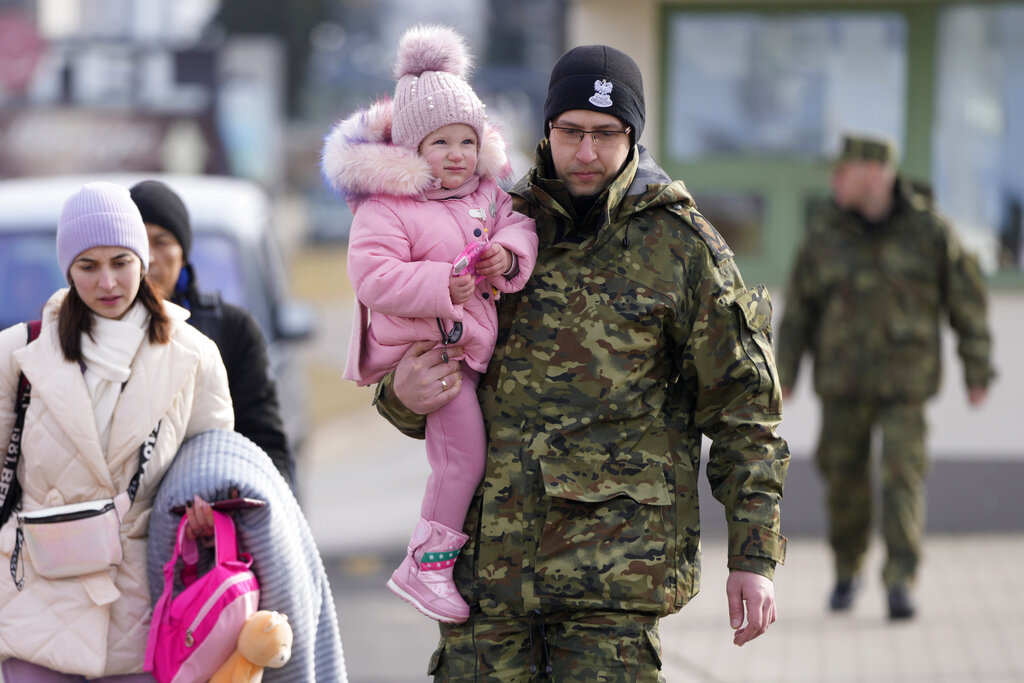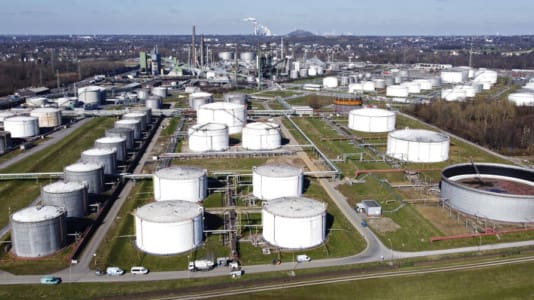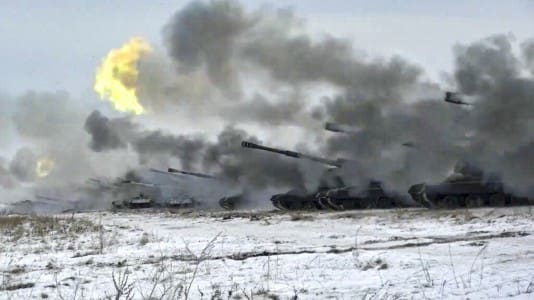As the world reports on Poland’s incredible hospitality and generosity following its embrace of Ukrainian refugees, the country should seek to maximize its political capital, according to Prof. Arkadiusz Jabłoński of John Paul II Catholic University of Lublin (KUL).
More than 1.2 million people have arrived in Poland from Ukraine since the beginning of the Russo-Ukrainian war a fortnight ago, according to the Polish Border Guard. On Monday alone, 141,500 refugees crossed the Polish-Ukrainian border, only slightly less than Sunday’s record of 142,300.
Approximately 90 percent of the refugees are Ukrainian citizens, mostly women and children, with experts estimating that around 40 percent of those have since left Poland for other countries.
Nevertheless, Poland has been a home to many Ukrainians for many years — between 1 to 2 million are estimated to be living in Poland — and many have remained to stay with family and friends, or have been welcomed with open arms by Polish families.
Prof. Jabłoński explained that in face of the Russian invasion Poland had a choice: either to undertake measures of control and restrict the flow of refugees across the border, or to do what the government has done and let everyone in, with a particular focus on women, children and the elderly.
Jabłoński pointed out that the government has also taken actions which ensure that refugees have living conditions guaranteed by the state and has also ensured Poland’s security.
“In this way, we have gained something that can be called a moral advantage,” Jabłoński said.
“It is good that we have this moral capital, which is in accordance with the Polish tradition of helping anyone in need.
“Now, however, it should be skillfully forged into political capital,” he added, warning however that in this next step, the security of Polish citizens should be the main priority of the Polish government.






